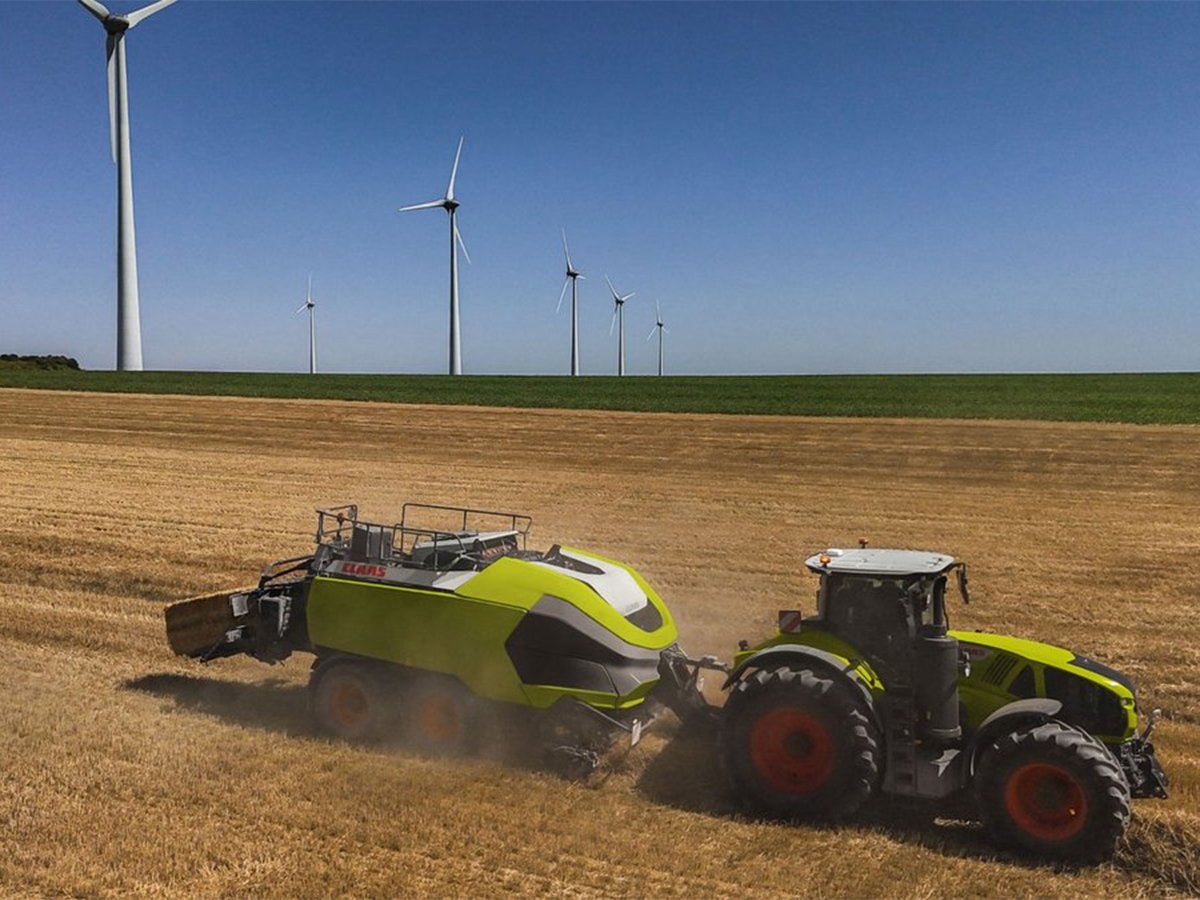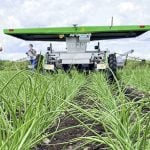Japan’s earthquake, tsunami and nuclear reactor breakdowns might seem a world away to most farmers, but the Canadian grain industry is closely tied to Japan’s.
Many Canadian companies have staff in Japan, and many Japanese grain industry people have visited Canada, forming friendships and business relationships over the years.
These are two stories from the recent Japanese disasters, one from a Japanese woman who visited Winnipeg a few months ago, and one from a Manitoban who now lives in Japan.
CHIAKI TERADA
Read Also

Machinery automation runs through 2025 Agritechnica innovation awards
Computer vision and AI processing for farm machinery show up many times in Agritechnica’s 2025 innovation award winners.
Chiaki Terada is a Japanese journalist with a vegetable oils industry publication who visited Winnipeg during a tour of Canada to look at Canadian soybean production.
Terada works in Tokyo and was at her desk when the earthquake struck.
“My office is on the eighth floor. I am relieved that it is built strong enough to endure,” said Terada in an e-mail in response to questions.
“It happened at two o’clock in the afternoon and some people had to walk home for 10 hours or more. I decided to stay at the office and was able to go back home the next day, in the afternoon.”
Terada’s family was physically safe, but unsettled by the disaster.
“We are all tired and exhausted of continuation of the earthquake and the nuclear problems . . .. I know I am fortunate compared with the people in northern areas of Japan, though.”
Almost a week after the earthquake and ensuing disasters occurred, Terada still hadn’t heard from some people she knows in northern Japan.
“I am very worried, concerned and hoping they are OK. The phone line to northern area is still very difficult to get through.”
How long it will take Japan to recover is unclear, she said.
“Right now we have electricity but we don’t know when it goes to blackout due to the problems in the nuclear power station.”
DEREK SLIWORSKY
Derek Sliworsky is the Canadian Wheat Board’s Japan office manager in Tokyo. He was also at his desk when the earthquake struck.
“This one just kept growing and growing and growing,” said Sliworsky, who has lived through a number of previous smaller earthquakes while living with his family in Tokyo.
He walked over to his secretary, Chong Mi, holding onto the wall in order to not fall down.
“I said, ‘should we go out the window or down the stairs?’”
She counseled him to stay in the building and wait for the earthquake to end. When it was over, he rushed out of the office, got in a taxi and went to the school of his seven-year-old son, Spencer.
Spencer had been at the school when the quake hit, but he and the other students had been taken to a local evacuation point in a park.
“He rarely comes up to give me a hug, but he did that time,” said Sliworsky.
His wife, Theresa, had simultaneously rushed out to find their five-year-old daughter, Reese, who was playing at a friend’s house.
They all met up and went back to their apartment.
Sliworsky called his parents’ farm at Winnipegosis, Man. His mother, Olga, answered.
“I woke her up and I said ‘you’re going to see something on the news about Japan, and it’s big, but we’re OK’,” said Sliworsky.
“The next morning people were calling their house, wondering about us.”
That night, to calm their agitated children, Sliworsky and his wife put on the film Megamind and had a movie night, hoping to dispel memories of a shaking world.
They tried to go back to ordinary life in Tokyo over the weekend, but with much chaos affecting the country and the nuclear problems growing, the family decided to send the children back to Canada for spring break.
Theresa and the children flew to Canada on the Monday following the Friday quake.
Sliworksy returned to work for a few days, but then flew back to Canada as well to rejoin his family.
“We’re waiting for when the situation will stabilize enough for us to go back,” said Sliworsky.















